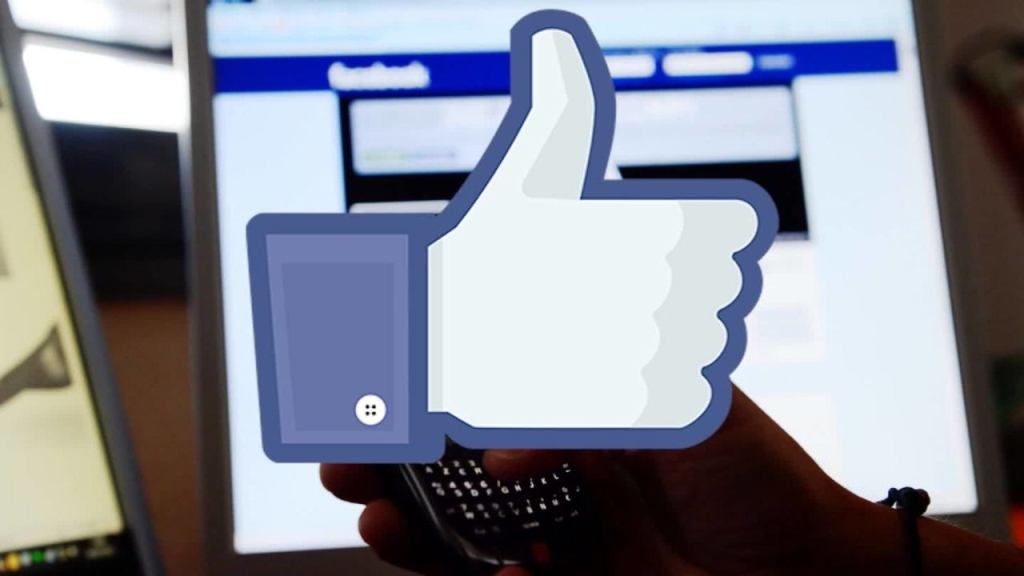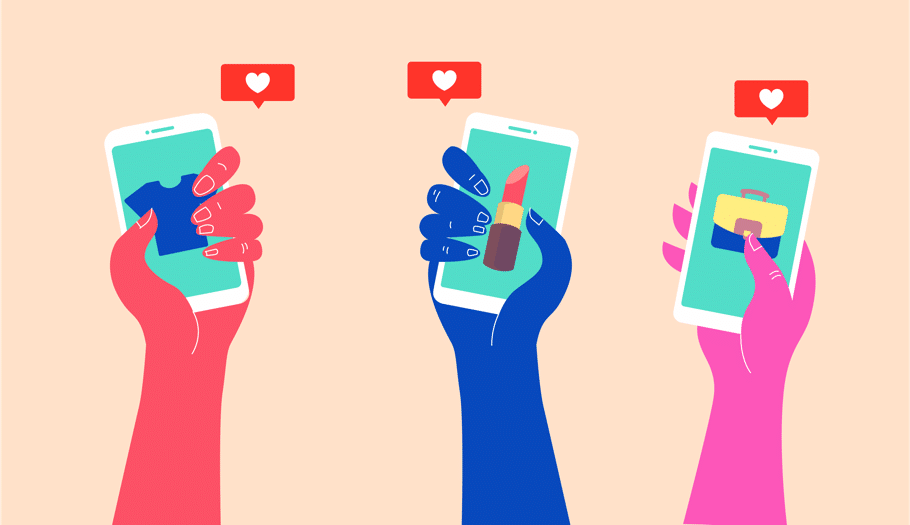
In the age of social media, engagement metrics like “likes” play a pivotal role in shaping our online experience. Facebook, with its massive user base, has created a space where the number of likes a post receives can influence how others interact with it. But what drives users to click the “like” button on popular posts? Understanding the psychology behind this behavior can offer valuable insights into how to effectively grow your Facebook presence.
1. Social Proof: The Power of Popularity
One of the most significant psychological drivers behind liking a post is social proof. Social proof is the concept that people tend to follow the actions of others, especially when they are uncertain about a decision. On Facebook, when a post has a high number of likes, it signals to users that the content is popular and worth engaging with. This often triggers a bandwagon effect, where users feel compelled to like the post simply because others have already done so.
2. The Need for Validation
For many users, the act of liking a post is a way of seeking validation. Whether it’s a funny meme, an inspirational quote, or a product review, people tend to like content that resonates with them emotionally or aligns with their interests. The number of likes on a post serves as social validation not only for the content creator but also for the person clicking the “like” button. It affirms that their preferences align with the popular crowd, which boosts their self-esteem.
3. FOMO (Fear of Missing Out)
Fear of missing out is another strong motivator for why users interact with popular posts. When a post starts to gain significant attention, users don’t want to feel left out of the conversation. The more likes a post has, the more it becomes visible to others, encouraging more likes. This creates a snowball effect, where users are more likely to engage with the content to stay in the loop, avoid feeling disconnected, and keep up with trends.
4. Increased Visibility and Reach
The more likes a post receives, the more likely it is to appear in others’ newsfeeds, thanks to Facebook’s algorithm. This increased visibility encourages even more likes, as users are more likely to interact with content that has already gained traction. When a post is perceived as popular, users are more likely to like it simply because they believe it’s part of a trend or a subject of ongoing discussion.
5. The Role of Emotional Connection
Emotionally charged posts, whether they are funny, heartwarming, or controversial, are more likely to attract likes. Humans are wired to respond emotionally to content that speaks to their values, beliefs, or mood. Popular posts often evoke stronger emotional reactions, and this connection drives people to click the “like” button. This emotional involvement helps solidify the idea that content is valuable and worthy of attention.
6. How to Leverage the Psychology of Likes for Your Brand

Understanding the psychology behind likes is crucial for businesses and content creators looking to boost their social media presence. By posting content that resonates emotionally with your target audience, using social proof, and capitalizing on FOMO, you can encourage more engagement on your posts. However, achieving this takes time and effort, and it’s essential to build a genuine following.
If you’re looking to enhance your Facebook growth from the outset, trusted services for Facebook growth can help give your posts the initial traction needed to encourage more organic engagement. With the right approach, you can take advantage of the psychology of likes and grow your online presence effectively.
The psychology of likes on Facebook reveals a complex interplay of social validation, emotional connection, and the influence of others. Users are more likely to click “like” on popular posts because of the need to belong, avoid missing out, and feel connected to a larger community. By understanding these psychological triggers, you can craft content that not only resonates with your audience but also encourages further interaction, leading to increased visibility and growth for your brand.
